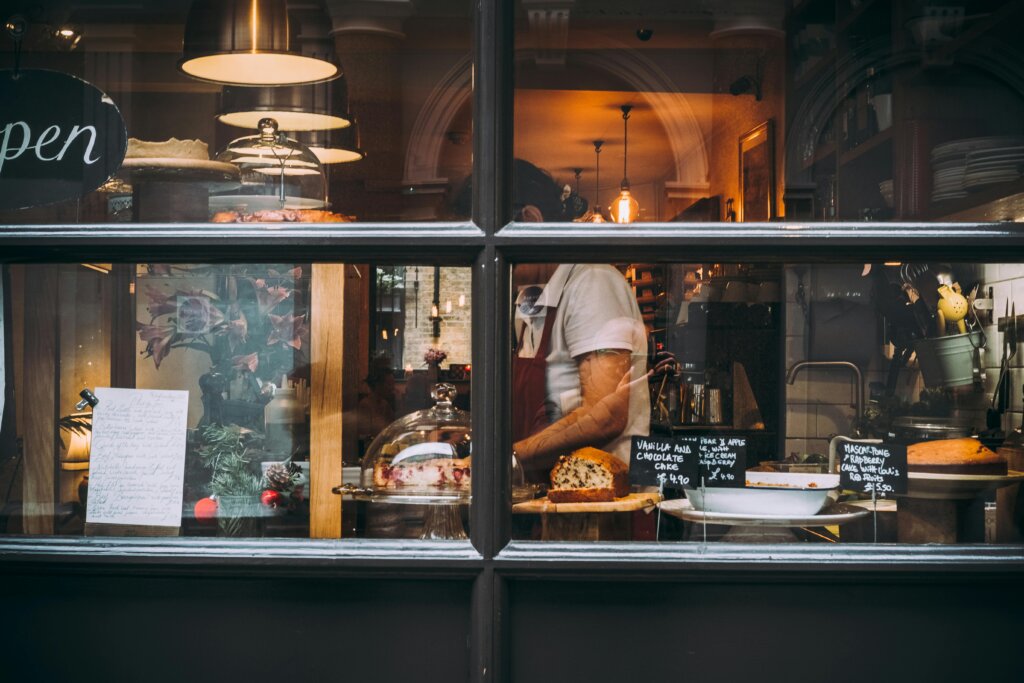If you’re a specialty restaurant owner, you understand that the culinary experience you offer is unique and draws customers seeking something beyond the ordinary. In the digital age, it’s essential to pair those unique dining experiences with an equally unique online presence. More than ever, prospective diners turn to the internet to find their next great meal, and search engine optimization (SEO) is crucial to ensure that your establishment stands out. Here are seven essential SEO tips to help boost your online visibility and draw more patrons to your eatery.

1. Optimize Your Website for Search Engines
Your website is the centerpiece of your online presence. To make it work for you, it needs to be easily discoverable by search engines. This starts with ensuring your site is mobile-friendly since a large portion of users search for restaurants on their mobile devices. Google’s Mobile-Friendly Test tool can help you determine if your site meets the criteria.
Furthermore, your website should have clear, concise, and up-to-date information about your restaurant, including the menu, location, hours, and contact information. Utilize keywords that potential diners might search for, such as “vegan tapas in Barcelona” or “authentic Neapolitan pizza in New York City”, but avoid keyword stuffing, which can negatively impact your SEO.
2. Create Quality Content that Engages Readers
Content is king in the world of SEO. Blogs, interviews with chefs, posts about food sourcing, or articles about the types of cuisine you specialize in can all draw interest—not to mention backlinks from other sites, which improve your site’s authority.
Content also includes multimedia, such as videos and photos. These can show the atmosphere of your restaurant, the plating of your dishes, and happy customers. High-quality images are known to engage users and keep them on your site longer, which signals to search engines that your site is providing valuable content.
3. Manage Your Online Reviews
Online reviews on platforms like Google, Yelp, and TripAdvisor play a significant role in your restaurant’s online reputation. Encouraging satisfied customers to leave positive reviews can greatly enhance your visibility. Be sure to respond to reviews—both positive and negative—in a professional and courteous manner, as this demonstrates that you value customer feedback and are committed to improving your service.
Use Schema markup for reviews on your website to help search engines understand the content and context, which can result in rich snippets that make your search result stand out.
4. Utilize Local SEO Strategies
Local SEO is vital for any restaurant. Register your business with Google My Business and keep your listing up-to-date. This enhances your chances of showing up in Google’s Local Pack, the box that appears at the top of Google searches with a map and listings for local businesses.
Make sure your name, address, and phone number (NAP) are consistent across all online platforms, including your social media profiles and review sites. This helps search engines confirm your location for location-specific searches such as “sushi restaurant near me”.
5. Focus on High-Quality Backlinks
Backlinks, or links from other websites to yours, are a major ranking factor for search engines. High-quality backlinks from reputable sites signal to search engines that others vouch for your content. Partner with food bloggers, local news sites, and the makers of the ingredients you use to generate backlinks. Hosting events or offering cooking classes can also generate news coverage and backlinks.
Remember that not all backlinks are created equal. Links from high-authority, relevant sites will be far more beneficial than those from low-quality directories or unrelated websites.
6. Be Active on Social Media
While social media may not directly influence your SEO rankings, an active social media presence boosts your online visibility. Share your blog posts, daily specials, or behind-the-scenes photos to engage with your followers and encourage them to visit your website or dine at your restaurant.
Hashtags are also a valuable tool on social media for reaching a wider audience. Use popular food-related hashtags, as well as hashtags specific to your local area or cuisine type.
7. Monitor Your Progress with Analytics
Finally, you should regularly monitor your SEO efforts to understand what’s working and what isn’t. Google Analytics is a powerful tool that allows you to track website traffic, see how visitors find your website, and learn what they do once they’re there. Adjust your strategy as needed based on your findings.
For example, if you find that certain pieces of content are particularly popular, consider producing more on that topic. Alternatively, if you notice that many visitors are leaving your site quickly, it might be time for some website improvements to keep them engaged longer.
Conclusion
Developing a robust SEO strategy is essential for specialty restaurant owners in today’s digital landscape. By enhancing your website, creating engaging content, managing your online reputation, and leveraging local SEO, you’ll be better positioned to catch the eye—and taste buds—of potential diners. Remember, SEO is not a one-time task but an ongoing process that requires attention and adjustment.
Embrace these seven tips, monitor the performance of your SEO campaign, and you will enhance your online visibility and the overall success of your culinary business. The digital table is set; it’s time to invite diners from all over the internet to experience the unique flavors of your specialty restaurant.
About The Author
Marketing Team
The AOK Marketing Team is a diverse group of amazing individuals driven to help all of our clients succeed. Great people are everywhere, and we believe that people should control their workday, their work environment, and where they live. We have team members in 9 countries: United States, Canada, Egypt, Belgium, Ireland, Australia, India, Pakistan, and Hong Kong.
How can we help you?





